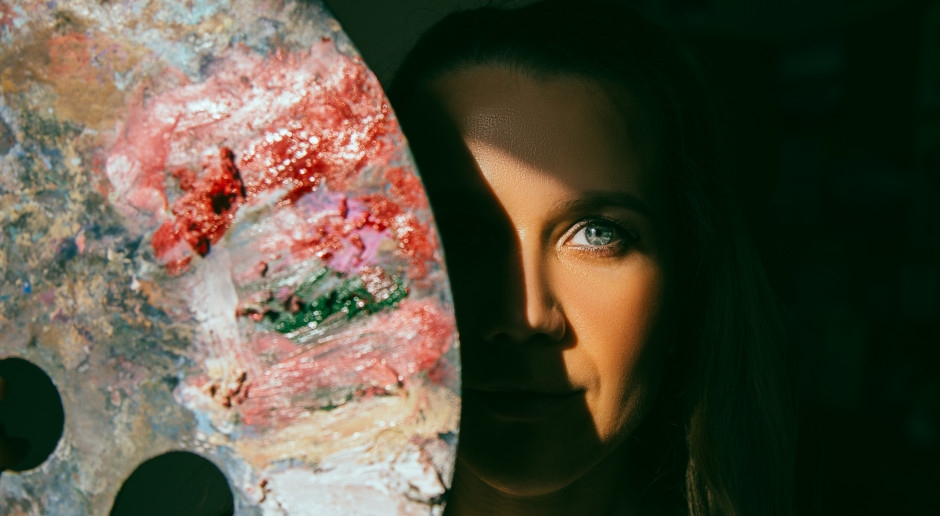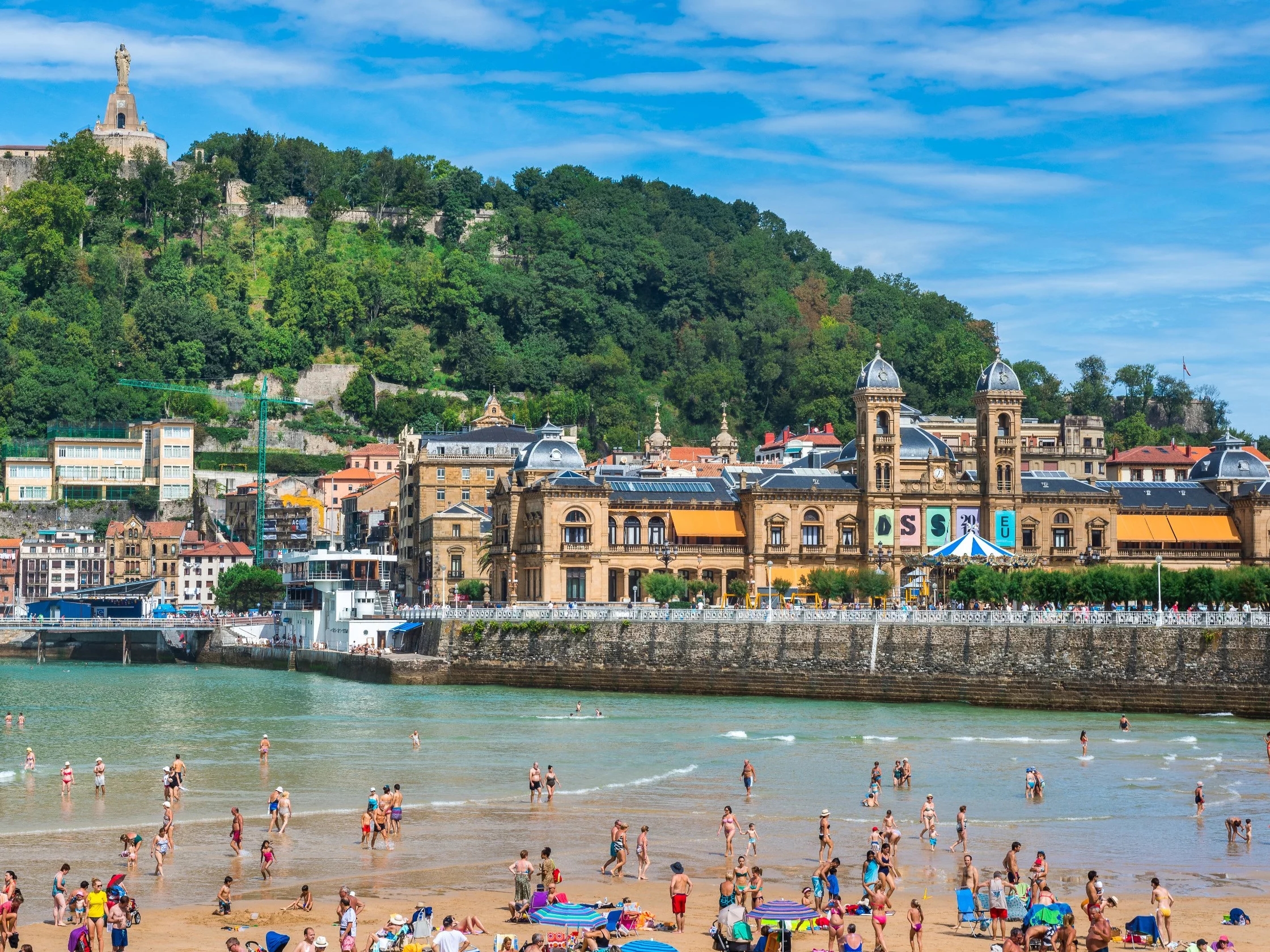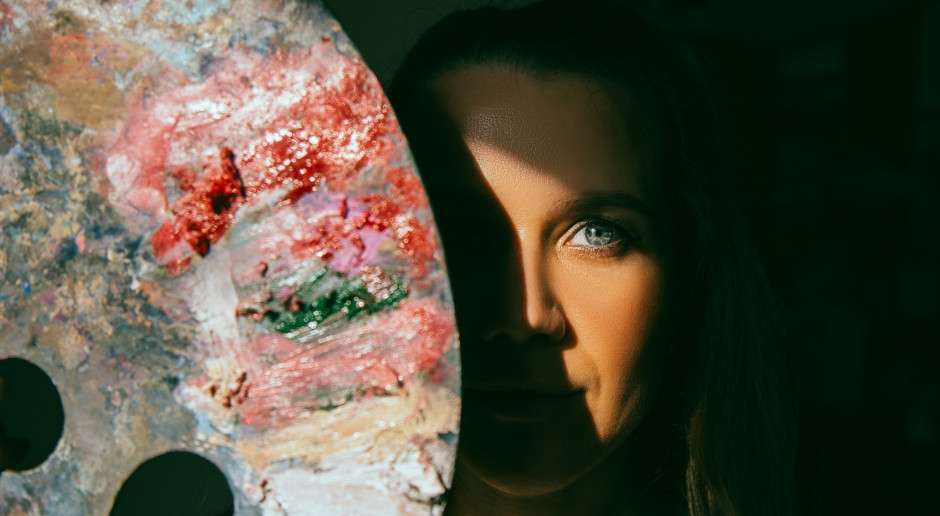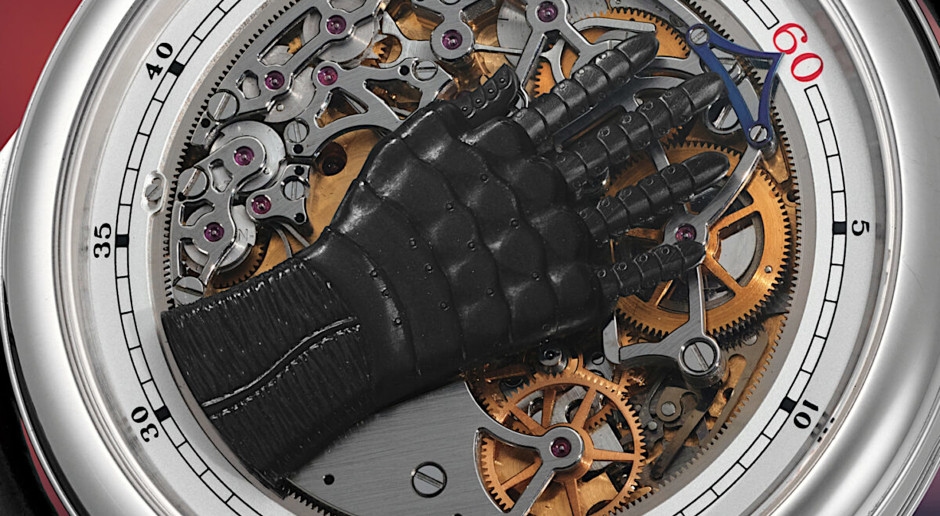This country pays artists €1,500 a month. The project has been extended to 2026.

Since the outbreak of the COVID-19 pandemic, many countries have been grappling with a creative crisis in the arts and culture sector. Ireland appears to have found a way to improve the situation for its local artists by launching the Basic Income for the Arts (BIA) program. Up to 2,000 artists could receive a monthly payment of €1,500.
In 2022, Ireland launched a pilot program, initially intended to last three years and provide ad hoc support for Irish artists. Experts have concluded that culture is one of the industries that has suffered significant financial losses during the pandemic due to canceled performances and cultural events. Many artists have had to return to "regular" work to survive, and some have stopped creating altogether.
Over the years , the experimental program 's creators have seen the real impact of the BIA on the development of local culture. Therefore, the program has been extended by six months, until the end of February 2026. Now, the Irish authorities have decided to permanently include this support in the budget , which could help 2,000 artists and creative sector workers. Irish officials hope that thanks to the BIA program, artists will no longer have to worry about finances, allowing them to focus solely on their creative work.
Who can benefit from BIA support in Ireland?Initially, the pilot program identified specific creative industries that received financial support. However, Ireland has announced that this group may expand if a genuine creative base is found. Currently, the program is open to creators from visual arts, theatre, literature, music, dance, opera, film, circus arts, and architecture.
Starting in September 2026, not only these groups will be able to submit applications, but also others that meet the criteria. The list of new creative disciplines and artistic work will be announced after the new year. The authorities are also considering expanding the number of participants from 2,000 to 2,200. Based on the results, the government also plans to expand the program in subsequent years.
Currently, there is no high entry threshold to become a beneficiary of the program , aside from registered artistic activity. The program is independent of social welfare support and income. Furthermore, public consultations were conducted before its permanent introduction, with a full 97% of respondents voting in favor. The survey involved 17,000 participants, of whom 47% believed that program participants should be selected based on financial circumstances, 37.5% believed that individuals should be selected based on their achievements and artistic merit, and 14% believed that selection should be random.
Is it profitable to pay artists from the state budget?The Irish authorities believe the answer is yes. Although the pilot program cost them €72 million, it generated economic benefits of just under €80 million. According to data, the program is profitable, generating a return of approximately €1.39 for every €1 invested.
The idea of basic income is the basis for sustainable state policies“The economic return on this investment in Ireland’s artists and creative workers has an immediate positive impact on both the sector and the wider economy,” commented Patrick O’Donovan, Ireland’s Minister for Culture, Communications and Sport.
Moreover, according to a report by the British consulting firm Alma Economics , program participants earned an average of over €500 more per month. This improved their financial situation, allowing them to invest not only in themselves but also in the development of their businesses. Furthermore, the report showed that artists also did not require social welfare support, resulting in €100 less in benefits per month.
The Irish authorities believe that creating such programs is key to improving the situation of individuals, which translates into overall socio-economic improvement for the country. To address the numerous post-pandemic crises, the idea of a basic income represents a sustainable policy that is sensitive to citizens and society.
well.pl





